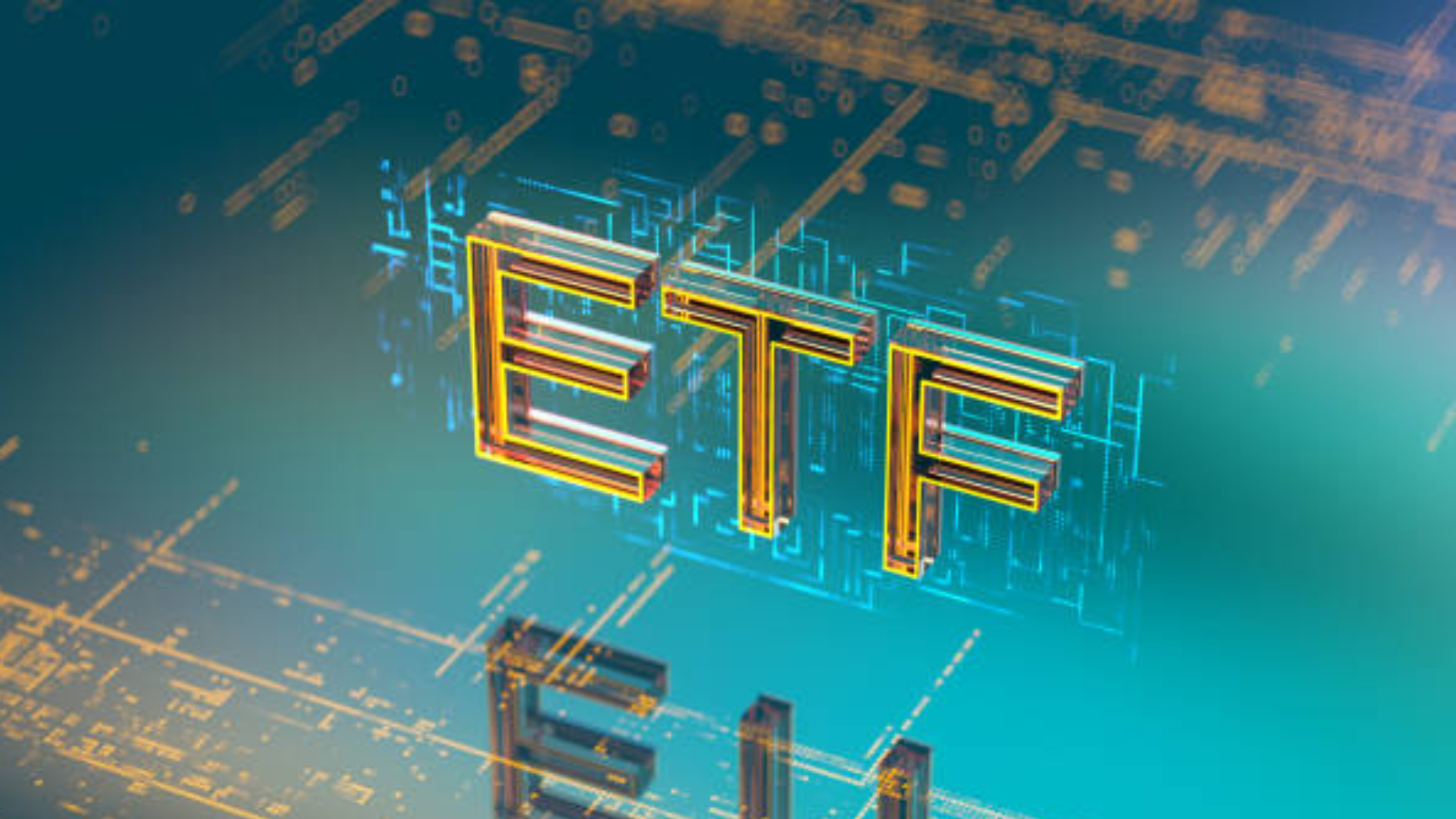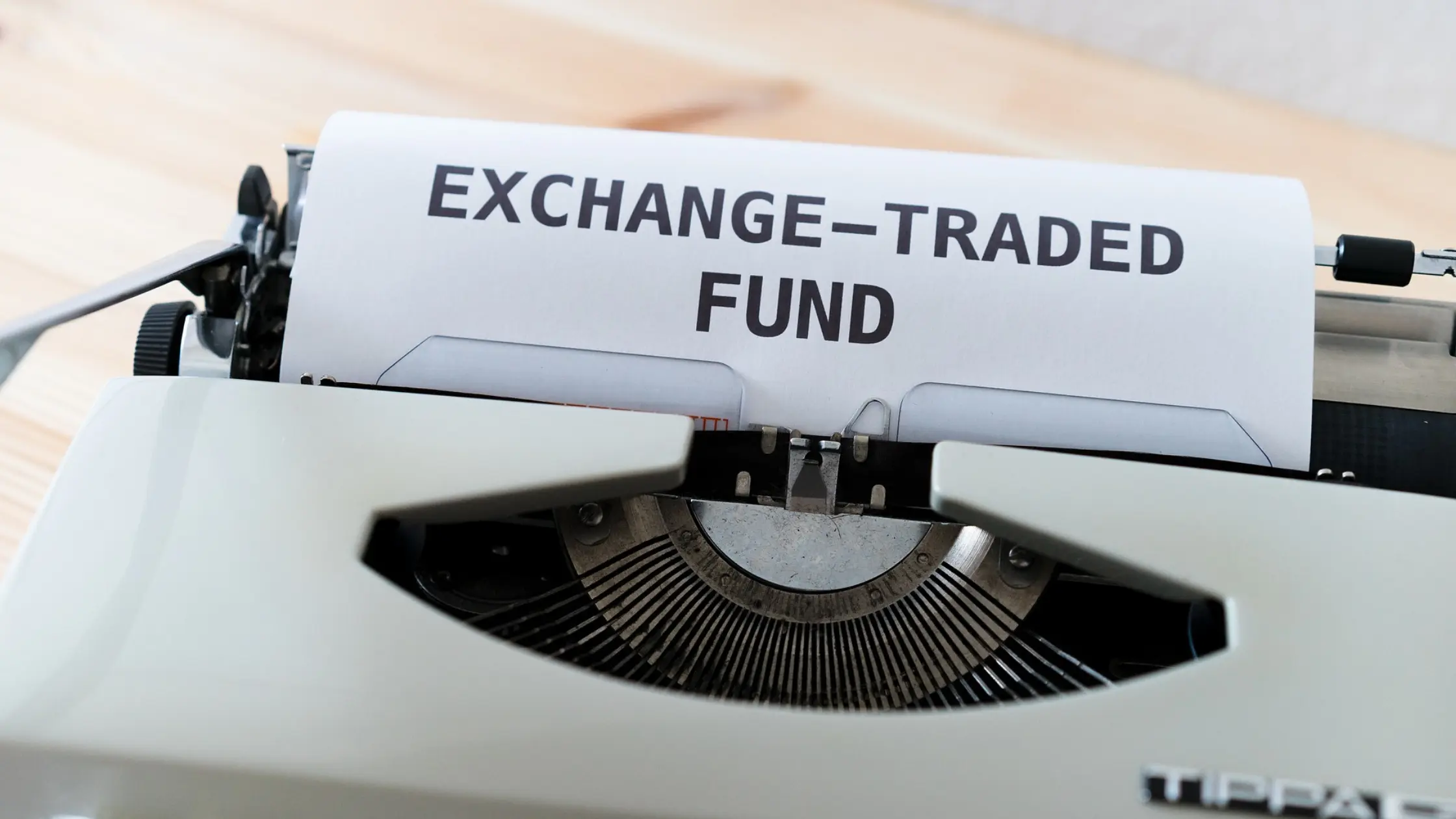ETF Series: ETFs vs Index Funds
December 27, 2021

This is chapter six of our Exchange-traded funds (ETFs) Series and today, I’ll be looking at the differences between ETFs and index funds. Both ETFs and index funds are great for passive investing and have a lot in common. They are investment vehicles that pool investors’ money into a basket of securities to track a market index.
There are however a few considerations for investors to look into before deciding which one is the better option.
1) Liquidity
Liquidity basically refers to how easily or quickly an investment can be bought or sold. This is one of the key differences between ETFs and index funds. As mentioned previously in the article Pros and Cons of ETFs, the trading of ETFs is relatively similar to investing in stocks and liquidity is one of the benefits of investing in ETFs. This means that you can buy or sell them at any time when the stock market is open.
On the other hand, index fund transactions are cleared in bulk after the market closes. This means that the buying and selling only happens at the end of the market day and at the value based on the market close.
For long-term investors, this might not be too critical in influencing their investment decision but for traders, the element of liquidity plays an important role for them.
2) Fees
Both ETFs and index funds have their own advantages and disadvantages when it comes to costs associated with index tracking and trading.
Firstly, the constant rebalancing that occurs with index funds because of daily net redemptions results in higher explicit costs in the form of commissions and implicit costs in the form of bid-ask spreads on the subsequent underlying fund trades. ETFs are unique in a sense that it avoids these transactions with a process called “creation/redemption in-kind”.
Secondly, cash drag also favours ETFs as it does not incur any degree of cash drag due to their “creation/redemption in-kind” process.
Thirdly, management fees are generally lower for ETFs. However, the expense ratio difference between index funds and ETFs has narrowed in recent years.
Meanwhile, dividend policy favours index funds as index funds will invest their dividends immediately whereas ETFs require them to accumulate this cash during the quarter until it is distributed to their shareholders at the end of the quarter.
Shareholder transaction costs also makes index funds the better option as the costs are usually zero while this is not the case for ETFs since they are traded like shares.
3) Minimum investment requirement
Investors can invest into ETFs by buying as little as one unit, which is the easiest way for anyone to start investing with very little capital.
While fund managers have lowered the minimum investment amount for their most popular index funds, investors who are looking to get started with little capital will find that ETFs are still more affordable and therefore the better choice.
ETFs vs Index Funds: Deciding what fits you
An ETF is best if you are looking to invest in a portfolio of stocks and still want the flexibility to trade it like stocks. In fact, you can use advanced strategies in your purchases such as limit orders, stop-loss orders and even margin with ETFs. None of these could be used with mutual funds.
It also gives investors who have little capital an opportunity to build their own diversified portfolio.
Personally, I think it is vital for you to look into your investment behaviour when deciding which is the better option for you. If you intend to trade your investment like how you would trade a stock in the open market, ETFs would be the better choice.
Secondly, you need to look at the expense ratio. If you can invest into index funds with a lower minimum cost than its equivalent ETF, you might want to consider that if you are looking for a long-term investment strategy.
Aside from that, index funds are better options when you are looking at the equivalent ETF that is not very active. A thinly-traded ETF can create a large spread in the difference between the ETF price on the exchange and the value of the underlying assets held by the ETF. On the other hand, an index fund will always be priced at the net asset value.
The fees and liquidity would be crucial factors in determining whether an ETF or index fund suits you better. If you’re still undecided on the two, the comparison of the expense ratio between the ETF and index fund would be a good way to help you in your decision.

Billy Toh
Billy is deeply committed to making investment accessible and understandable to everyone, a principle that drives his engagement with the capital markets and his long-term investment strategies. He is currently the Head of Content & Investment Lead for Prosperus and a SGX Academy Trainer. His extensive experience spans roles as an economist at RHB Investment Bank, focusing on the Thailand and Philippines markets, and as a financial journalist at The Edge Malaysia. Additionally, his background includes valuable time spent in an asset management firm. Outside of finance, Billy enjoys meaningful conversations over coffee, keeps fit as a fitness enthusiast, and has a keen interest in technology.







